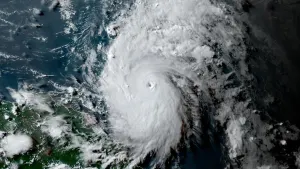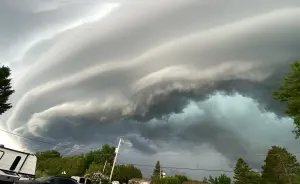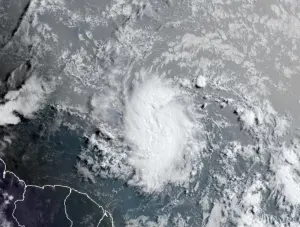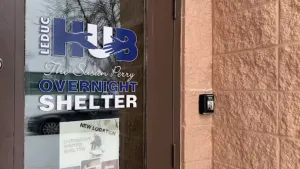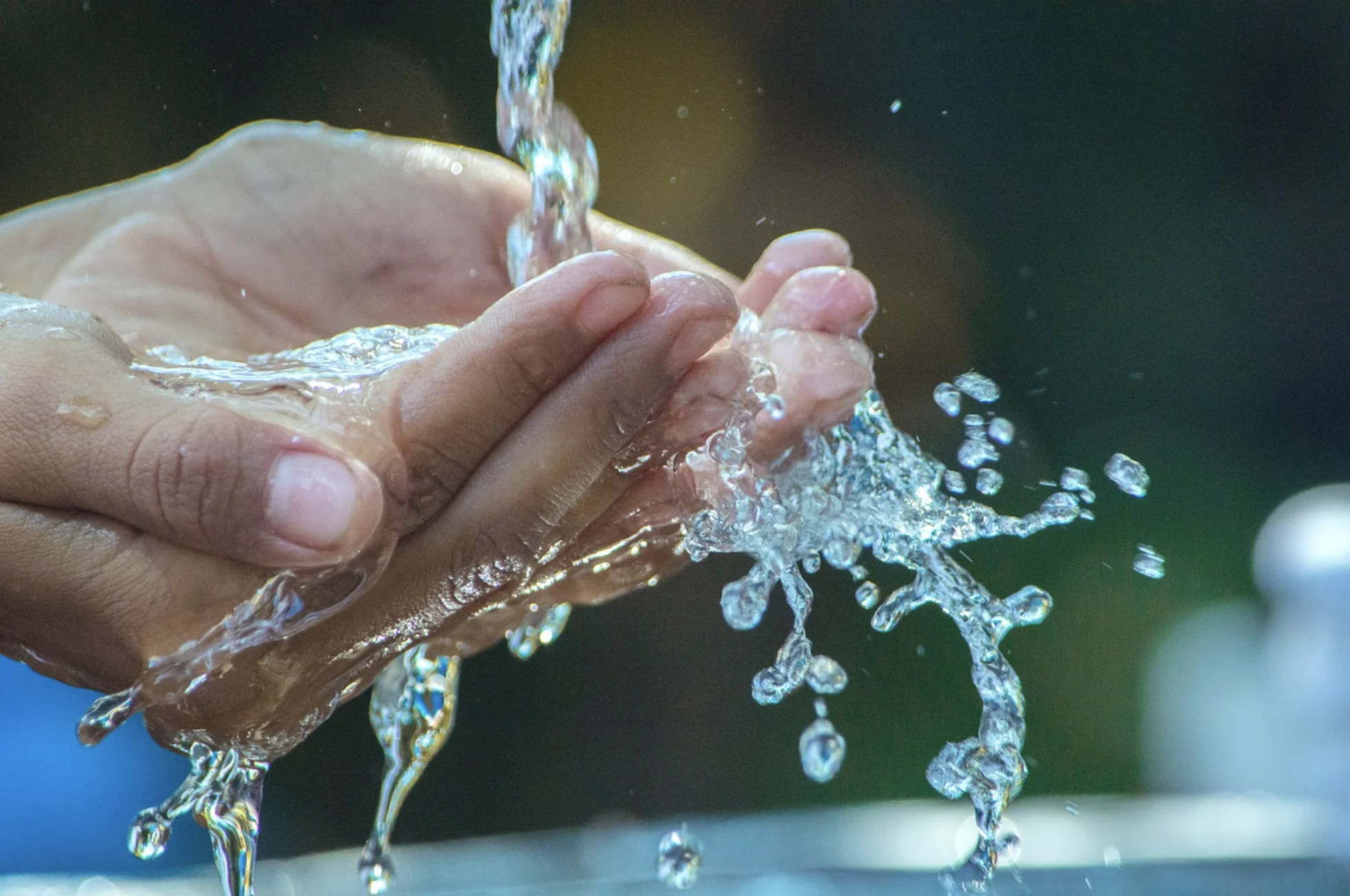
British Columbians encouraged to reduce water use; here’s why
British Columbians need to start taking water-saving measures now and shouldn't wait for official restrictions to be implemented, the minister of emergency management and climate readiness says.
Bowinn Ma's advice comes amid a persistent dry spell across the province, with half of B.C.'s water basins currently at Level 4 drought, where Level 5 is the worst.
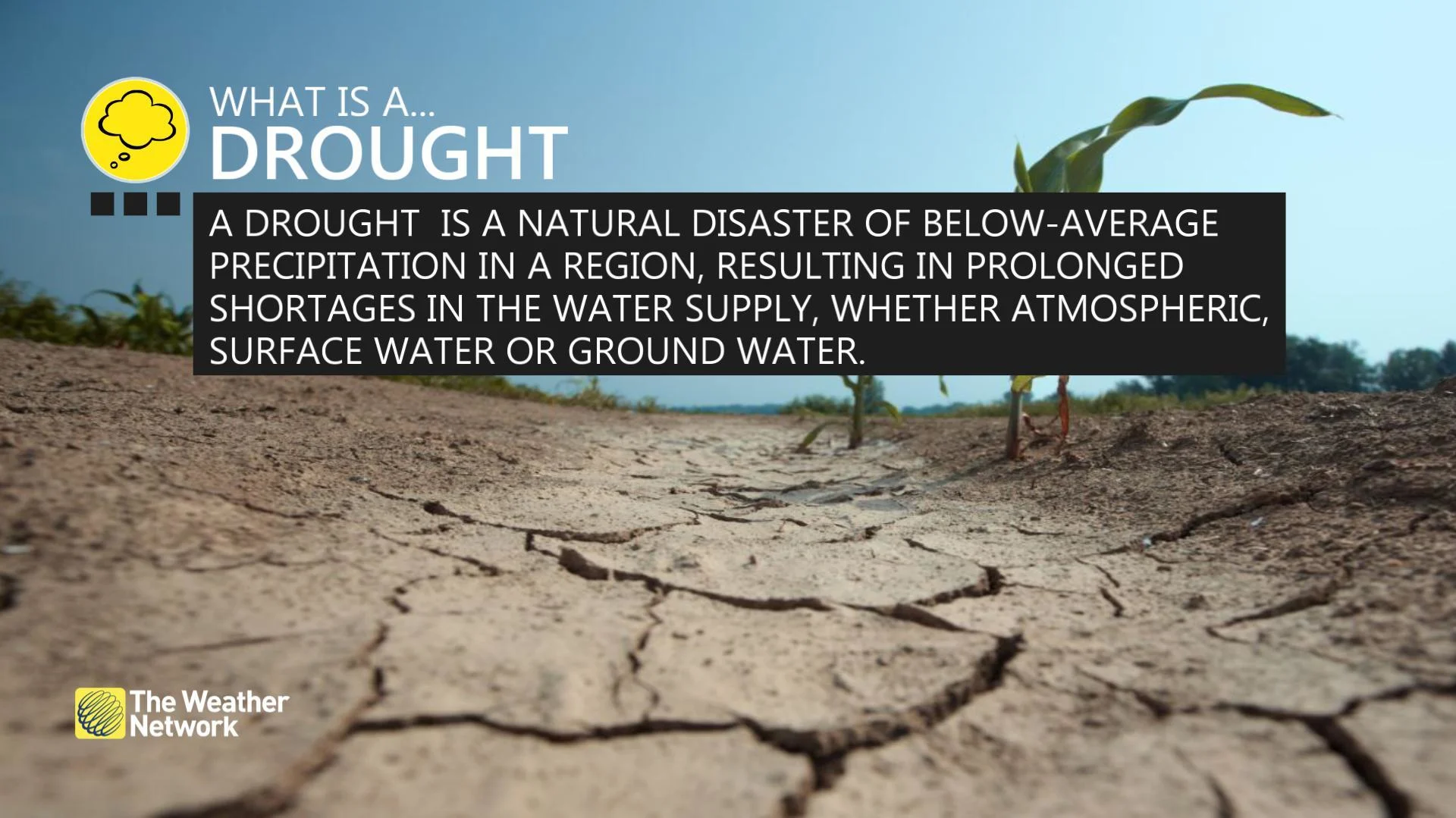
With the lack of rain and record-breaking temperatures in some areas, B.C. is also facing a record-breaking wildfire season.
On Monday, the province announced a state of emergency for the Stikine region due to wildfires, along with a campfire ban for the entire province except for Haida Gwaii.
On Tuesday, Ma, who is also the MLA for North Vancouver–Lonsdale, told CBC's The Early Edition that the drought and wildfires are a reality of the climate crisis. She also gave a preview of what to expect with regards to water restrictions and emergency measures in the coming days and weeks.
RELATED: Northwest B.C. under stress as wildfire evacuations, state of emergency declared
The following interview has been edited for length and clarity.
Should B.C. residents expect the province to announce more water restrictions when you give an update on drought conditions later this week?
A lot of communities are already putting on their seasonal water restrictions and we've been talking to communities where we have been anticipating more acute drought for a while to consider increasing those water restrictions as well.
In the weeks ahead we will be reaching out to communities to really elevate their readiness on this and start to increase their water restrictions on the community.
British Columbians don't need to wait for those water restrictions to come in. Now is the time where individuals and families and businesses can actually start to take action.
You can reduce the length of your showers. You can water your lawn sparingly. You can make sure that you're only running full loads of your dishwasher and your laundry machine. These are very simple steps that actually help immensely.
Can businesses on the Sunshine Coast look forward to a summer where they won't be ordered to close, as some were during last year's drought, or is that still on the table?
I think that businesses in the Sunshine Coast will have to speak with their local authorities. We do work with communities, like I said, to understand what the conditions are on the ground, but every community is going to be different.
While we are currently seeing Level 4 drought conditions throughout half of the water basins across the province, last year we only went to Level 5 in one area and that was the Sunshine Coast. But that didn't happen until later on in the year, September and October.
What we're anticipating now is that the province will be there far, far sooner.
The B.C. Wildfire Service says it doesn't have the capacity to keep up with the number of fires we're seeing. How alarmed should British Columbians be?
It is absolutely the case that our resources are stretched and that's why we've been reaching out to international partners. Canada's resources are very, very limited. And that's why we're incredibly grateful to have firefighters from all over the world in Canada, including here B.C.
Right now substantial investments have been made in the B.C. Wildfire Service — the largest investment in B.C.'s history. It is now a year-round service.
And we've also made the move to create my ministry. It is the first standalone emergency management ministry in B.C. history, but this is the reality of the climate crisis that we are facing. We are on the leading edge.
WATCH: Urban tree selection changing as B.C. gets hotter and hotter
This article was originally published for CBC News.
Header image credit: Pixabay/Dr Fuentes Hernandez/file photo






